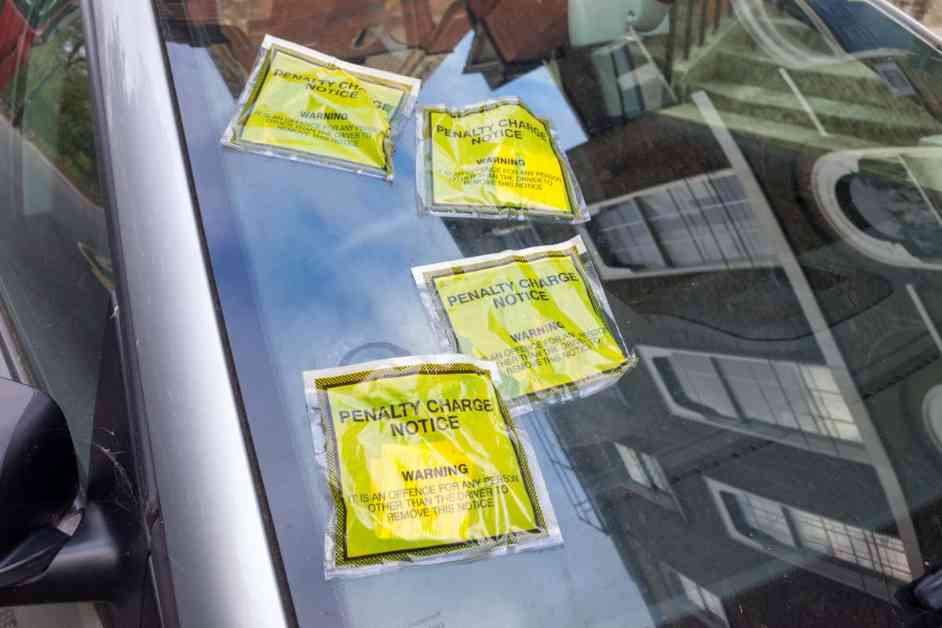Scammers Targeting Drivers with Fake Parking Ticket Text Messages
Drivers need to be vigilant as scammers are now using text messages to trick unsuspecting individuals into paying fake parking tickets. These fraudulent messages contain alarming warnings about parking penalty charges and threaten severe consequences if payment is not made promptly. However, there are telltale signs that these messages are scams, primarily the presence of numerous spelling errors.
The text messages purport to be from the DVSA (Driver and Vehicle Standards Agency) and claim that recipients owe a parking penalty charge due on a specific date. The message warns that failure to pay on time could result in increased fines, driving bans, legal action, and other penalties. An excerpt from one such message reads, “Dvsa notice for you: You have a parking penalty charge due on 2024/9/30. If you do not pay your fine on time, Your car may be banned from driving, you might haeve to pay more, or you could be taken to court. Please enter your license plate in the link after reading the information, Check and pay parcking penatly charge. Thank you again for your copperation. Dvsa.”
It is crucial for drivers to be aware that the DVSA does not issue parking tickets or fines via text messages. Therefore, any communication claiming to be from the DVSA regarding parking penalties should be treated as suspicious. The agency advises individuals who receive such messages to report them to the National Cyber Security Centre to help combat these fraudulent activities.
Protecting Yourself from Text Message Scams
To avoid falling victim to text message scams like the fake parking ticket scheme, drivers should exercise caution and remain vigilant. Here are some tips to help protect yourself:
1. Verify the Source: Before taking any action in response to a text message claiming to be from an official organization, verify the sender’s identity. Contact the purported sender directly through their official channels to confirm the legitimacy of the message.
2. Check for Errors: Scammers often make mistakes in their communication, such as spelling and grammatical errors. If a text message contains numerous errors, it is likely a fraudulent attempt to deceive you.
3. Avoid Clicking Links: Do not click on any links provided in suspicious text messages, as they may lead to phishing websites designed to steal your personal information or infect your device with malware.
4. Report Suspicious Messages: If you receive a text message that seems suspicious or claims to be from a reputable organization like the DVSA, report it to the appropriate authorities immediately.
By following these precautions and staying informed about common scams, drivers can protect themselves from falling prey to fraudulent text message schemes.
Reporting Scams and Seeking Assistance
If you have been a victim of a text message scam or have lost money as a result of responding to a fraudulent message, it is essential to report the incident promptly. You can report scams to Action Fraud, the UK’s national reporting center for fraud and cybercrime. Additionally, if you believe you have been targeted by a scam involving fake parking tickets or other deceptive practices, reach out to relevant authorities for assistance and guidance.
Remember, staying informed and vigilant is key to safeguarding yourself against scams and fraudulent activities. By educating yourself about common tactics used by scammers and taking proactive measures to protect your personal information, you can reduce the risk of falling victim to deceptive schemes. Stay alert and report any suspicious activity to help combat fraud and protect yourself and others from financial harm.












